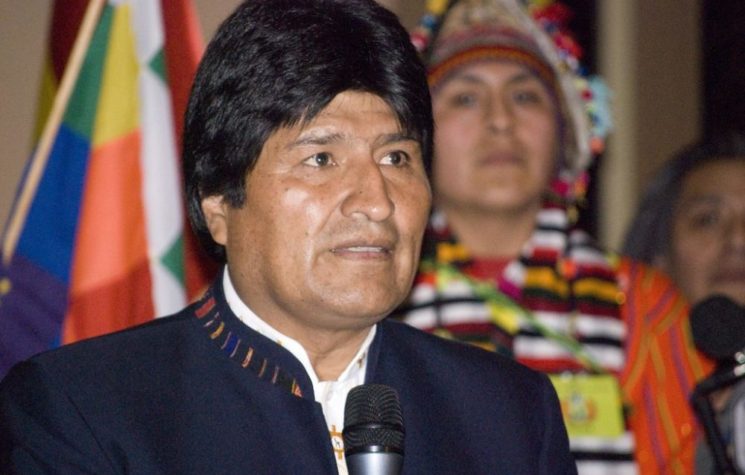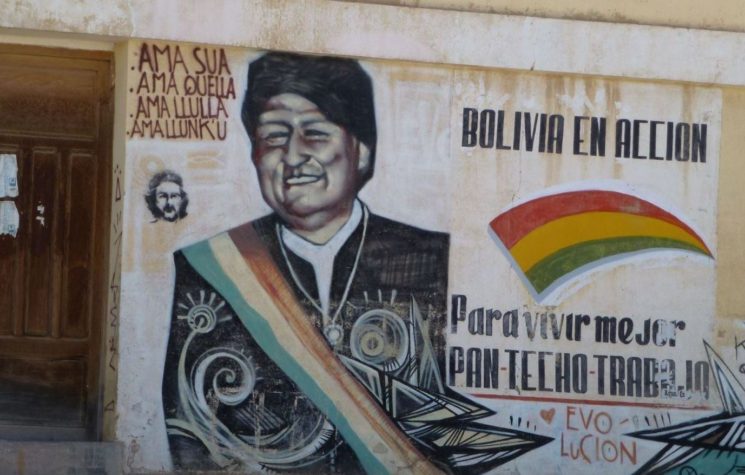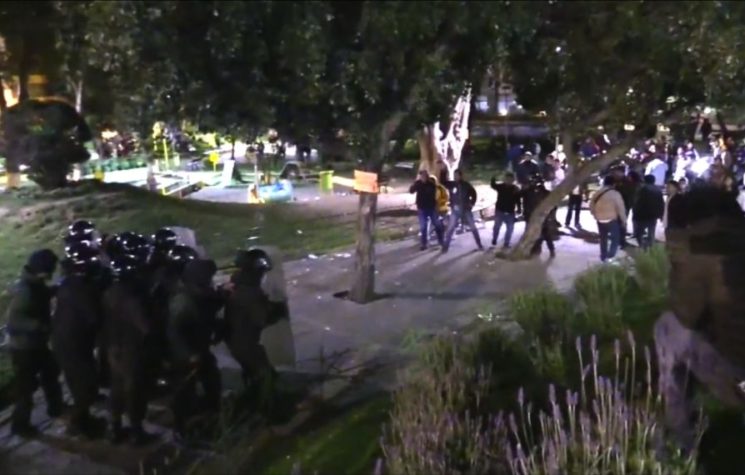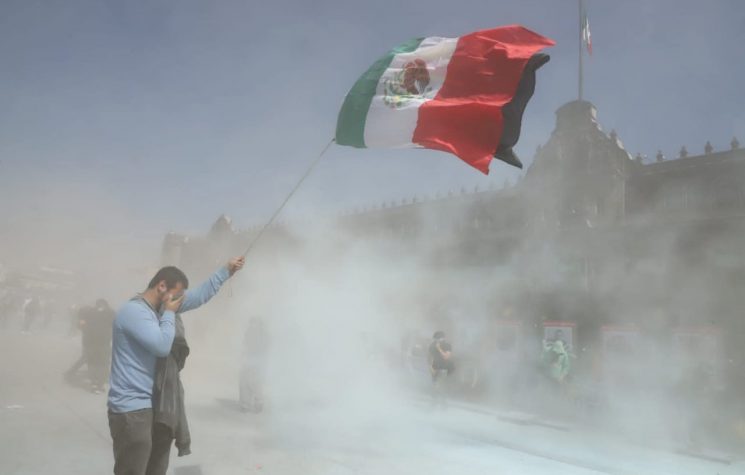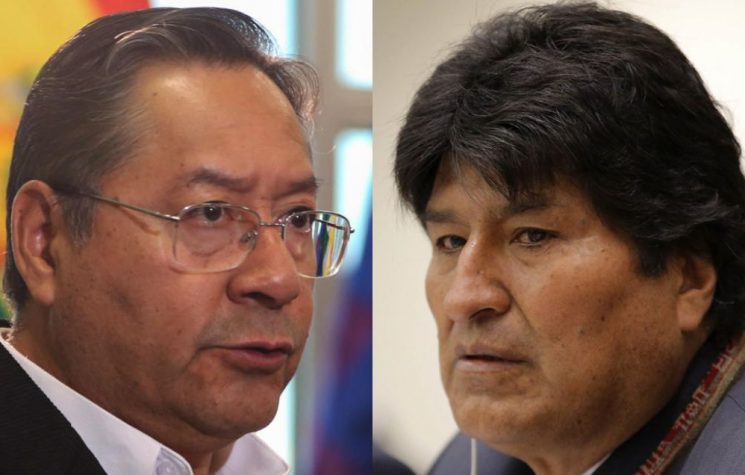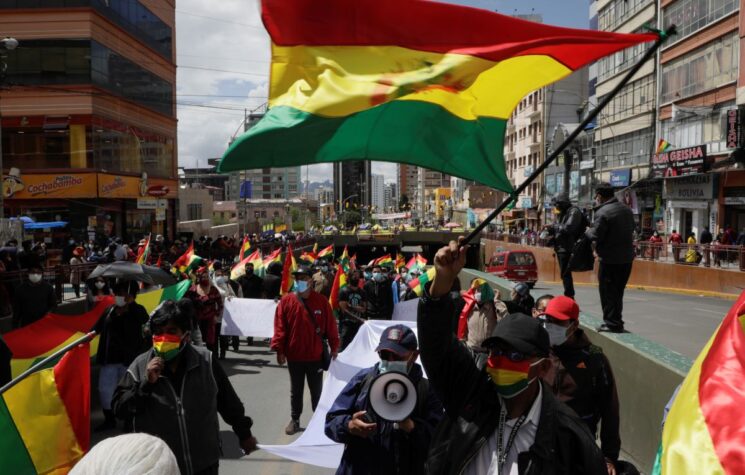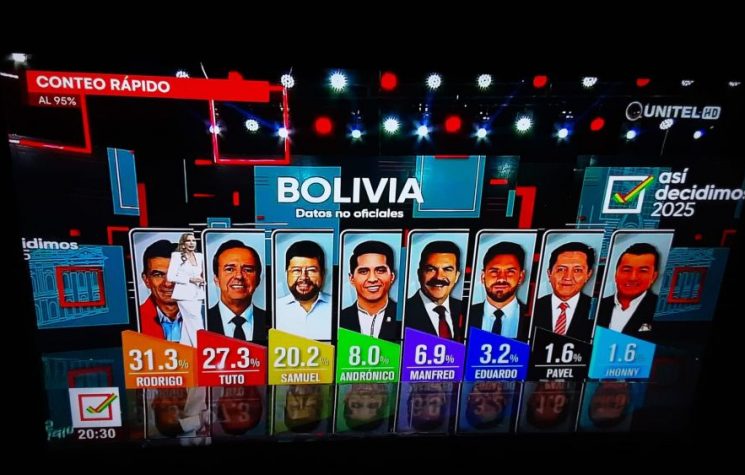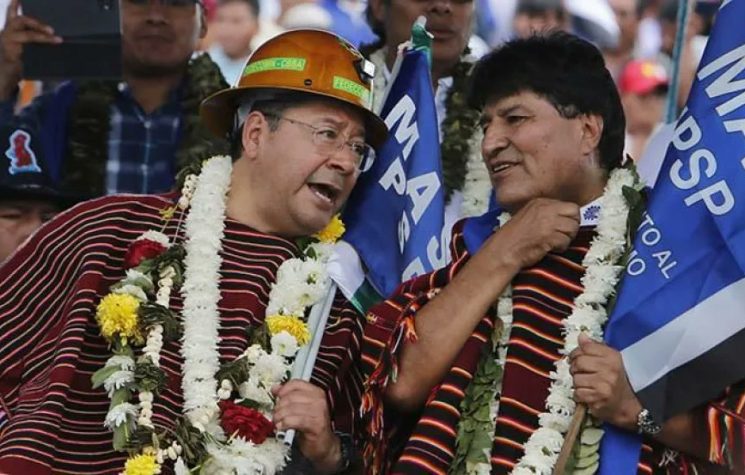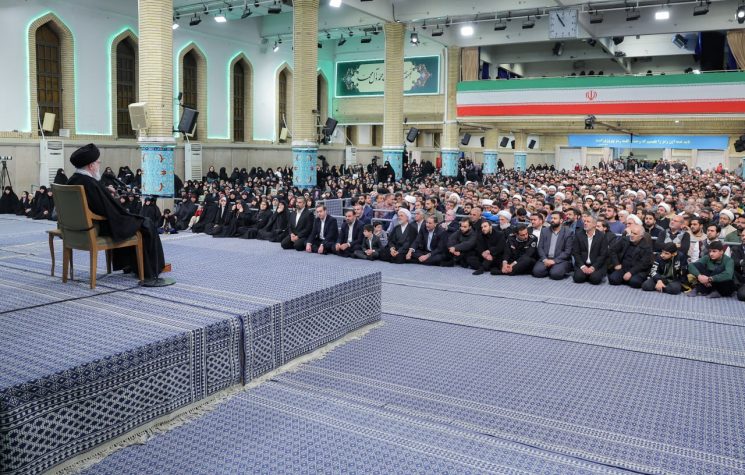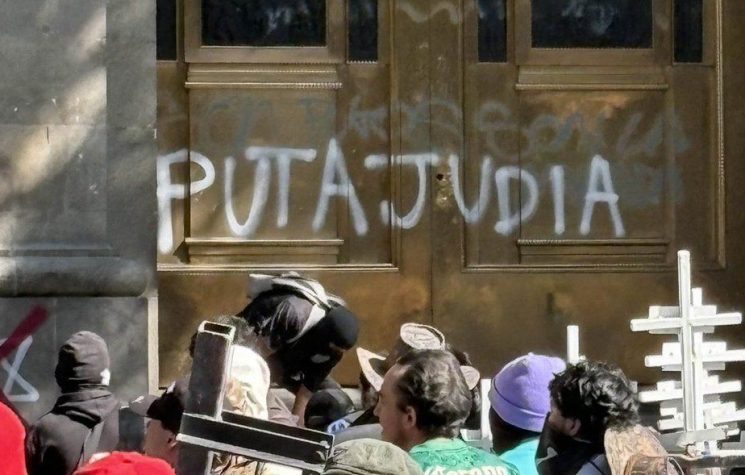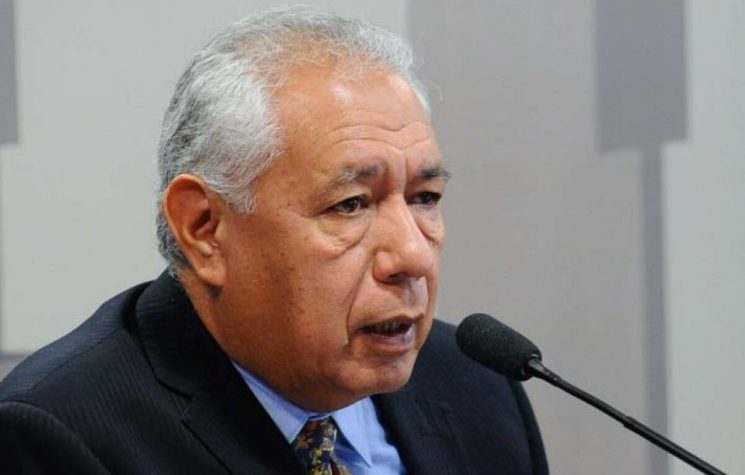A serious diplomatic row with significant international law implications has erupted between the government of Mexico and the Bolivian coup regime installed by foreign interests in November 2019. Readers will recall that the legal President of Bolivia, Evo Morales, notwithstanding his overwhelming electoral victory in October 2019, was made to resign shortly thereafter under the duress of traitorous elements of the police and military apparatus who were bribed by the ruling imperial power in the Western hemisphere and directed to remove him. The coup was, as usual in these situations, justified by alleged electoral fraud. Morales was replaced by a racist and quasi-fascist de facto regime. The President initially received political asylum in Mexico and since then has moved to Argentina, where he also was granted refuge. Several of his cabinet officials and parliamentarians of his party, Movement Toward Socialism (MAS), took refuge in the Mexican embassy in La Paz, where they still remain.
The coup regime, fearing a groundswell of popular support for Morales and his party, and seeking to detain potential candidates from the MAS leadership who might run in the new elections promised to take place a few months from now, demanded that Mexico hand over the officials (about 20 at the end of November) who had taken refuge in its embassy. They are being pursued on specious charges of “terrorism and corruption,” also fully consistent with the color revolution playbook. The intentions of the usurpers toward the officials of the legitimate government are rather plainly reflected in the ominous terminology they used to denounce Argentina for granting refuge to Morales and Mexico for doing the same for officials who were left behind in Bolivia. According to Roxana Lizarraga, the regime “minister of communication,” both countries “have become a refuge for criminals.” When the Mexican government refused to comply, coup regime forces proceeded to encircle the Mexican diplomatic compound in La Paz and to interfere with its normal operation, brazenly disregarding clear prescriptions of the Vienna Convention, which enshrines the absolute inviolability of diplomatic premises. Mexican President Lopez Obrador very pointedly condemned the conduct of the lawless Bolivian coup authorities as “something that it would not have occurred even to Pinochet to do.”
In Latin American terms, it should be pointed out, the terminology to which the Mexican President resorted is anything but hyperbole. Latin American countries have a long history of coups and revolutions and, quite apart from the prescriptions of the relatively recently adopted (1969) Vienna Convention, they have a lengthy tradition of respecting each other’s diplomatic premises as places of refuge where today’s rulers may end up seeking shelter tomorrow. The siege of Mexico’s diplomatic mission in La Paz is therefore doubly obnoxious. It is a crude infringement of a positive norm of international law, but at the same time also violates a deeply ingrained Latin American tradition.
At a press conference on December 26, Mexican Foreign Minister Marcelo Ebrard disclosed that at least 29 countries, most from Latin America but also member states of the European Union, have contacted the Mexican diplomatic mission in La Paz to express their concern for its safety and support for its inviolability. What followed was a truly bombshell announcement of the Mexican Foreign Minister that in response to the abuse and illegal conduct of Bolivian coup regime forces Mexico will file suit at the International Court of Justice to seek a cease and desist order against the Bolivian authorities (also here). To which the coup regime “interior minister” Arturo Murillo laconically responded: “See you in court.”
But it so happens that Murillo’s insolence is not entirely baseless. He is an official of an illegally installed puppet regime, and he is also a sharp student and very mindful of the atrocious example disseminated by his puppet-masters. He is following their obnoxious model to the smallest detail.
Murrillo’s nonchalance is quite understandable, for instance, in light of the 1986 ICJ case where tiny Nicaragua squared off against Murillo’s imperial puppet masters, who were charged with supporting a seditious proxy army and mining Nicaragua’s harbors. Amazingly, the Court ruled in Nicaragua’s favor and even awarded it damages. But the imperial cowboys simply brushed it off on the pretext that they had no obligation to abide by judgments that were “contrary to [their] national interest.” That was effectively the end of the matter, and who can blame Murillo today for being unconvinced that the breach of international law complained off by Mexico will ever be punished, regardless of the way the International Court of Justice might rule in the Mexican lawsuit?
Is there any particular need to recall a more recent outrage in London? Independent journalist Julian Assange was unceremoniously seized by the British police within the premises of the Ecuadorian embassy, with the full connivance of the Ecuadorian puppet regime, and in complete disregard of not just the fact that Assange was a political refugee fully protected by the Vienna Convention, but also of his status as an Ecuadorian citizen?
But for the ultimate model of these lawless operations, we need go no further than the sarcastically named “Operation Nifty Package,” by which Panamanian leader Manuel Noriega was extracted from the Vatican Nunciature in Panama City, where he had taken refuge following the armed invasion of his country by Murillo’s scofflaw imperial mentors. Just like their Bolivian acolytes, the invaders surrounded the Vatican diplomatic mission, resolving to “smoke out” their prey by making life inside it unbearable both for him and the diplomatic staff: “The plan involved music, mostly heavy metal and rock, with a few ballads thrown in. It was blasted on loudspeakers, at deafening volumes, around the clock.” A “nifty package,” indeed, and so in keeping with the dignity of a hyperpower, which impressionable Bolivian janissaries have now updated with dozens of drones intimidatingly overflying the Mexican compound in La Paz and armed goons harassing Mexican diplomatic personnel, including the ambassador, who venture outside.
The emerging pattern of lawlessness in virtually every segment of international affairs is acutely exemplified in this truly postmodern diplomatic row.








